ABBAS KIAROSTAMI: THE KOKER TRILOGY AND MORE
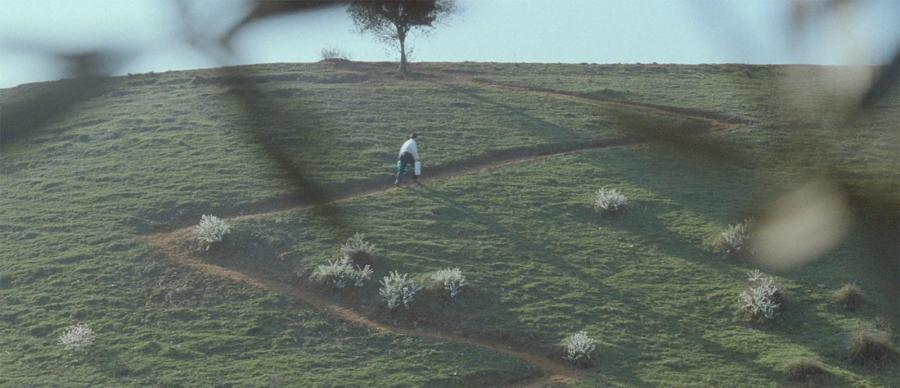
THROUGH THE OLIVE TREES
This fall, the Cinematheque presents new restorations of the three films that firmly cemented the reputation of Iran’s Abbas Kiarostami (1940-2016) as one of the world’s leading cinema artists. Eventually known as “The Koker Trilogy,” these films (Where is the Friend's House?, And Life Goes On, and Through the Olive Trees) collectively tell the story of the mountainous Koker region in Northern Iran and its resilient, hard-working and life-affirming residents, told with universality, simplicity and cleverness that has made them favorites of audiences in all parts of the world. Using bare-boned plots that recall Italian neorealism, Kiarostami manages to touch us without using complicated or forced contrivances that are de rigeur in contemporary popular cinema. In addition, you’ll also have a chance to catch-up with Kiarostami’s moving feature-length documentary, Homework (1989) along with several of his brilliant short films. Kiarostami’s work is a testament to the notion that great art knows no national boundaries. This series is presented with some support from UW Middle East Studies Program.
- Fri., Sep. 20 | 7:00 PM4070 Vilas Hall
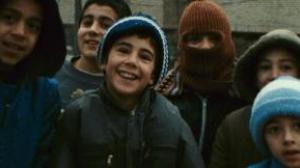
Kiarostami himself interviews a succession of first and second graders about their home situations and the homework they must do there. “For all the simplicity of its approach, this film has a great deal to impart about Iran during its war with Iraq, and some of the unorthodox formal procedures carried out by Kiarostami are as provocative as in his subsequent documentary masterpiece, Close-up; moreover, the director seems every bit as adept as Truffaut at handling children with respect” (Jonathan Rosenbaum, Chicago Reader). Preceded by Kiarostami’s short films Orderly or Disorderly (1981, 15 min.) and Two Solutions for One Problem (1975, 4 min.).
- Fri., Sep. 27 | 7:00 PM4070 Vilas Hall
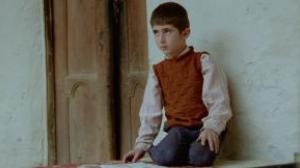
Kiarostami’s sweet and simple throwback to Italian neorealism tells the story of Ahmed, an eight-year old boy who tries to keep his best friend from being expelled from school by returning the notebook that he took by mistake. In trying to locate his friend’s village, Ahmed’s odyssey presents him with all kinds of obstacles, and help from the least expected places. Charming for audiences of all ages, this is the best place to begin appreciating one of contemporary cinema’s most important artists. Preceded by Kiarostami’s short film Breaktime (1972, 15 min.).
- Fri., Oct. 4 | 7:00 PM4070 Vilas Hall
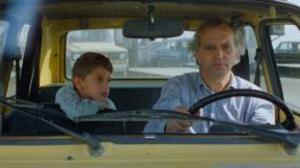
A film director (Kheradmand, standing in for Kiarostami) returns to the Koker region where he made the film Where is the Friend’s Home? five years earlier. In Koker, now devastated by a powerful earthquake, the director searches for his two young stars, who may have been killed in the disaster. While subtly blurring the line between documentary and fiction, Kiarostami’s masterwork emerges as a testament to the resiliency of the human spirit. Preceded by Kiarostami’s short film Solution (1978, 11 min.).
- Fri., Oct. 11 | 7:00 PM4070 Vilas Hall
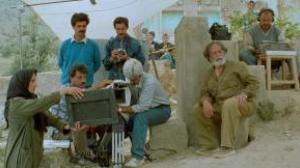
During the making of a film that looks suspiciously similar to Kiarostami’s And Life Goes On (screening Oct. 4), a director faces challenges from his cast. To be more precise, the leading lady won’t speak to the leading man – on camera or off! Kiarostami’s wonderful comedy about movie-making is also a gorgeously photographed story of class-conflict and thwarted romance. Preceded by Kiarostami’s short film The Chorus (1982, 17 min.).
